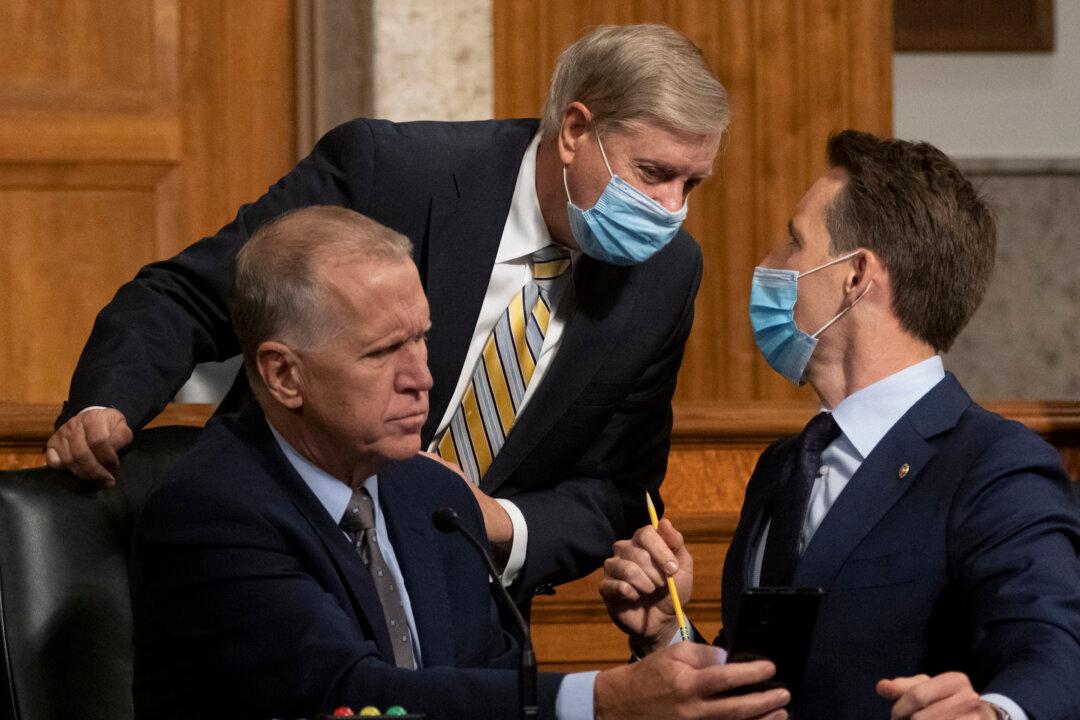Sens. Lindsey Graham (R-S.C.) and Thom Tillis (R-N.C.) on Saturday signaled support for President Donald Trump and Senate Majority Leader Mitch McConnell (R-Ky.) in their calls to fill the Supreme Court vacancy that has arisen due to Justice Ruth Bader Ginsburg’s death.
Graham on Saturday shared a tweet from Trump, in which the president said Republicans have the obligation to fill the vacant seat “without delay,” with the South Carolina senator adding his own message, “I fully understand where President @realDonaldTrump is coming from.” Graham said earlier, in remarks in an interview cited by The Hill, that the Senate would work to confirm a nominee this year if a vacancy arises, arguing that the circumstances are now different from 2016, when Republicans blocked then-President Barack Obama’s nomination of Merrick Garland.





